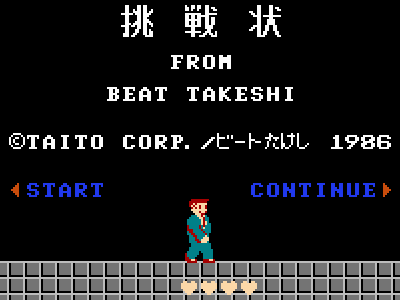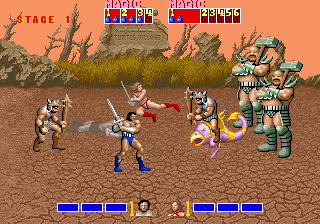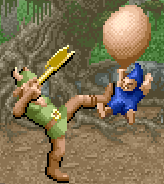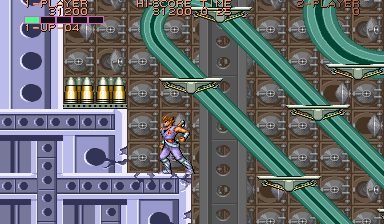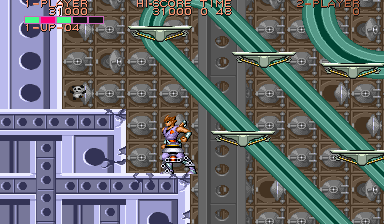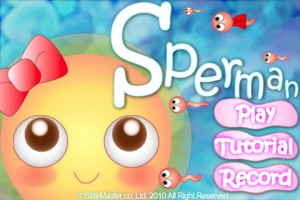Have You Ever Heard of “Moe”?
Tuesday, May 25th, 2010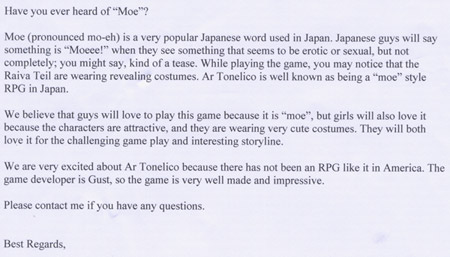 [Source: Actual NIS America PR letter]
[Source: Actual NIS America PR letter]
I had, actually, heard of “moe” at the time of this writing, but was not fully aware of its meaning. The explanation here did little to clarify.
Years later, I still have little idea of what “moe” means. From what I can tell, it’s something along the lines of “Like pedophilia, only slightly less creepy.”
 Aside from the cover letter above, I’ll always remember Ar tonelico because it hated me and wanted to ruin my life. It was assigned to me at Hardcore Gamer Magazine under mysterious circumstances (anime RPGs are not exactly in my realm of expertise), and the preview I wrote for it ended up not actually making it into the magazine.
Aside from the cover letter above, I’ll always remember Ar tonelico because it hated me and wanted to ruin my life. It was assigned to me at Hardcore Gamer Magazine under mysterious circumstances (anime RPGs are not exactly in my realm of expertise), and the preview I wrote for it ended up not actually making it into the magazine.
The in-progress localized version that I played was buggy and machine-translated. Lines of text spilled over the edges of dialog boxes. Characters spouted reams of gibberish when approached. It was pretty great.
It stopped being great when it froze after I tried to save my game. On a memory card that didn’t belong to me. Which I had also used to store save data for Okami — a very, very, very long game that I was in the middle of reviewing at the time.
The card was hosed — it crashed the PlayStation 2’s memory card manager. I was able to extract my Okami save by loading the data in-game and swapping cards, but as far as I know, the affected card is still basically unusable. I bought its owner dinner at Whataburger as an apology.
It’s worth noting that save problems still exist in the final version, though they probably (hopefully) aren’t as catastrophic.
Lesson learned: When playing buggy preview code, don’t ever try to save your game.
Lesson learned #2: “Moe” is a very popular Japanese word used in Japan.

